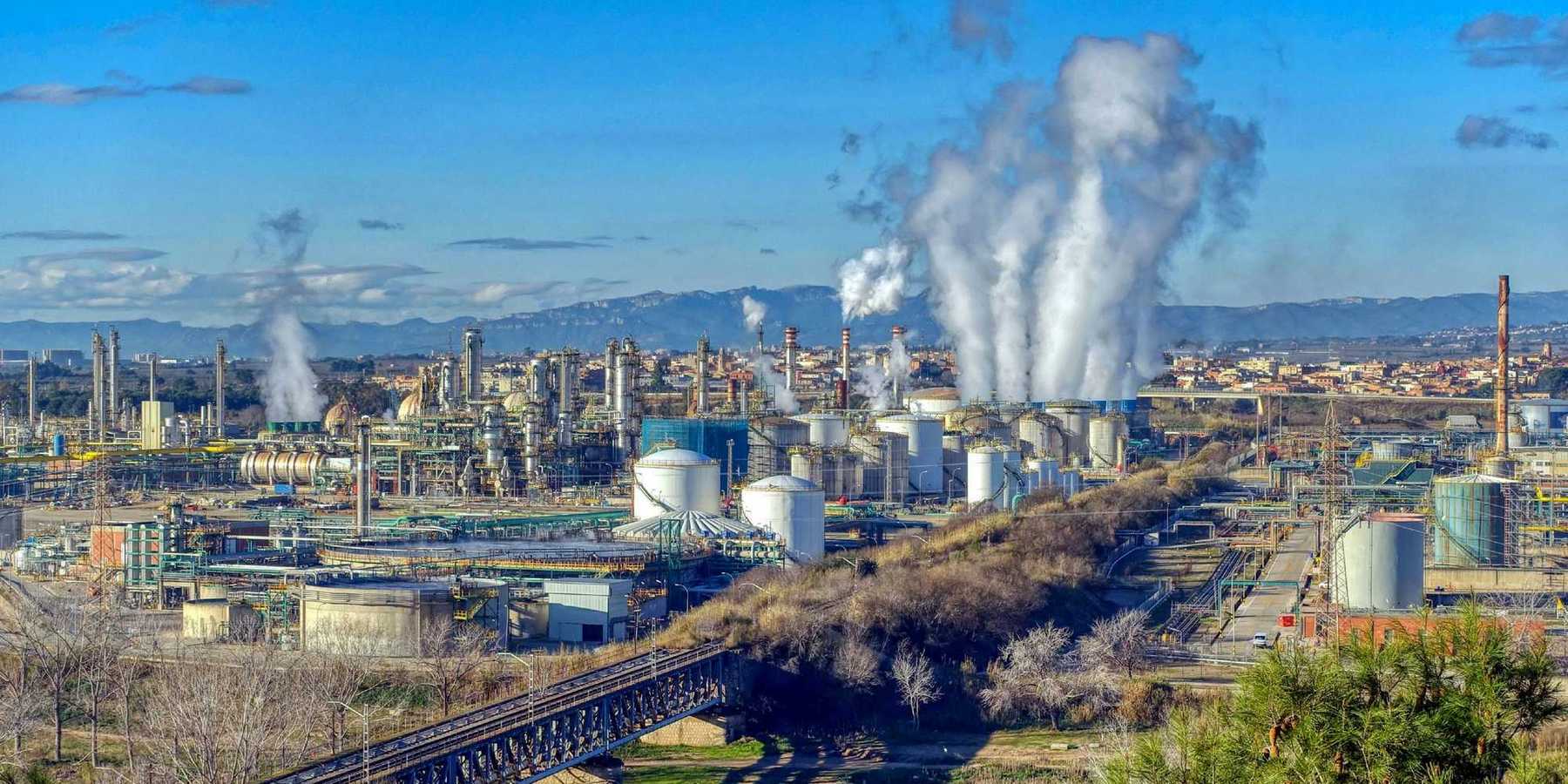Experts see red over Indonesia’s planned green investment label for coal plants
Mongabay journalist Hans Nicholas Jong reports that Indonesia’s move to categorize coal-fired power plants for industry as sustainable has sparked criticism from energy and finance observers, who say it goes against the scientific evidence.
In a nutshell:
Indonesia's proposal to classify coal-fired power plants for industry as sustainable under its Green Taxonomy, if implemented, would mark a unique departure globally, as no other green finance taxonomy recognizes coal power as environmentally friendly. Critics fear that this "green labeling" of coal could encourage banks to fund coal-related projects, hindering efforts to transition away from fossil fuels. Additionally, foreign investors may be hesitant to engage in Indonesia's coal sector, impacting the nation's access to green financing and raising transaction costs for due diligence.
Key quote:
“It is extremely concerning that now, new coal-powered generation could be seen as protecting or improving the environment,” Christina Ng and Putra Adhiguna, researchers at the U.S.-based Institute for Energy Economics and Financial Analysis, wrote in a commentary. “This simply goes against scientific evidence.”
The big picture:
The continued burning of fossil fuels, especially coal, has significant health implications. It releases harmful pollutants such as particulate matter, sulfur dioxide, and nitrogen oxides into the atmosphere, leading to poor air quality. Prolonged exposure to these pollutants is linked to respiratory diseases like asthma and bronchitis, cardiovascular issues, and even premature death. Coal combustion also contributes to greenhouse gas emissions, exacerbating climate change, which in turn can indirectly impact public health through extreme weather events and the spread of vector-borne diseases. Addressing the health effects of coal burning remains a critical concern in the broader context of environmental and public health policy.
Read the Mongabay article.
Brian Bienkowski reported that swapping out coal energy for solar would prevent 52,000 premature deaths in the United States every year.













